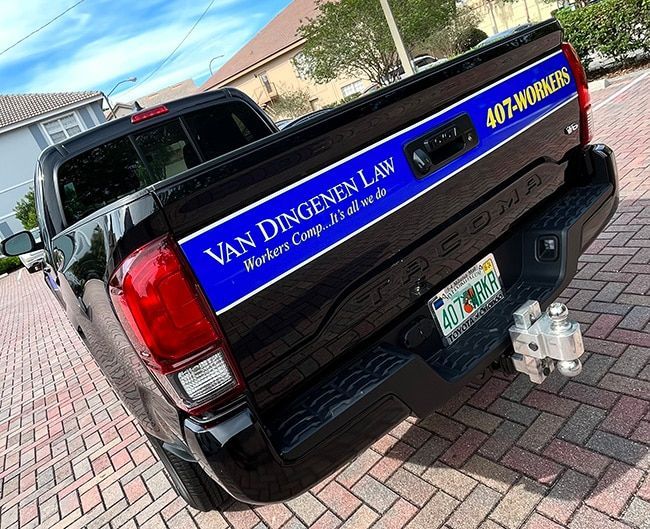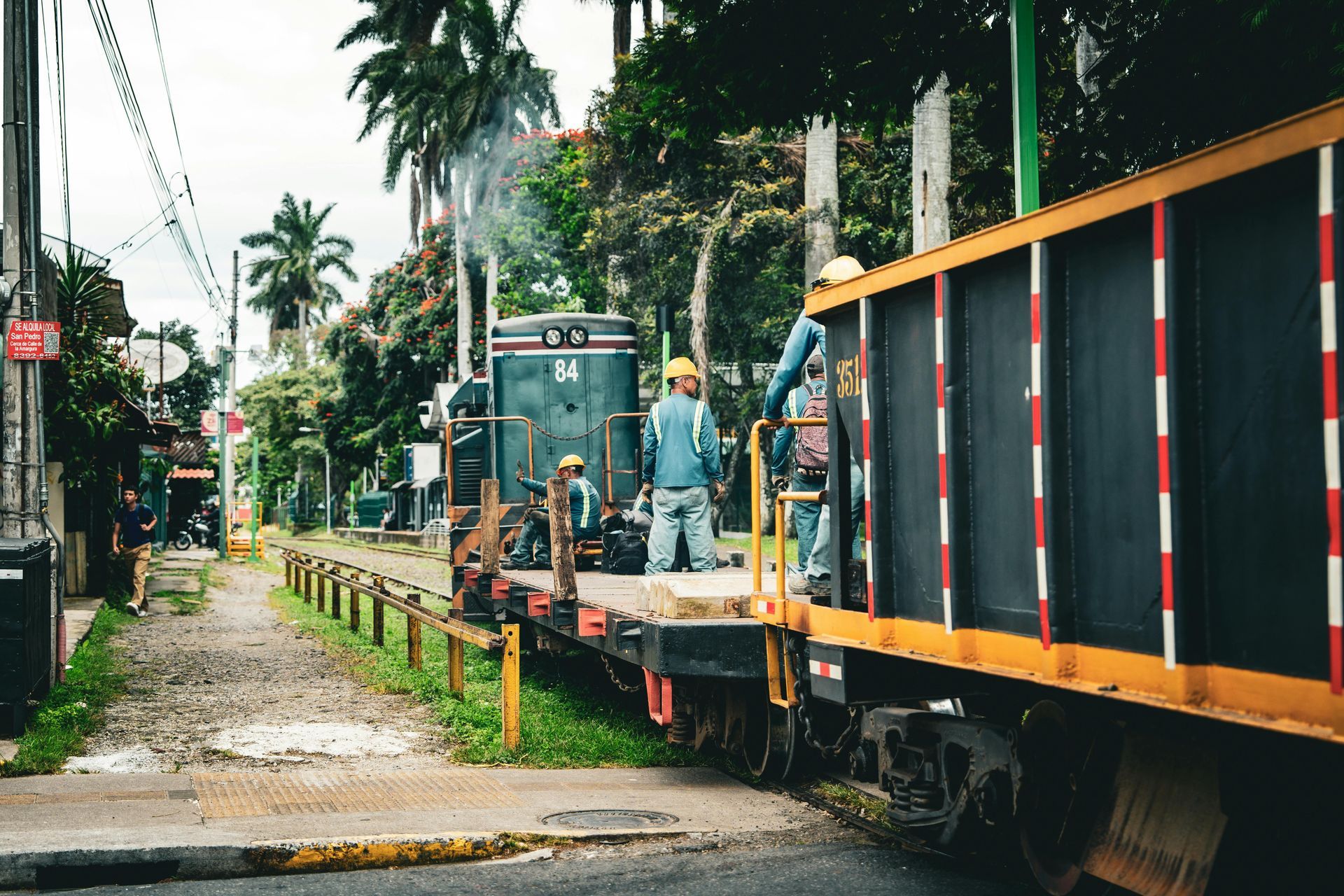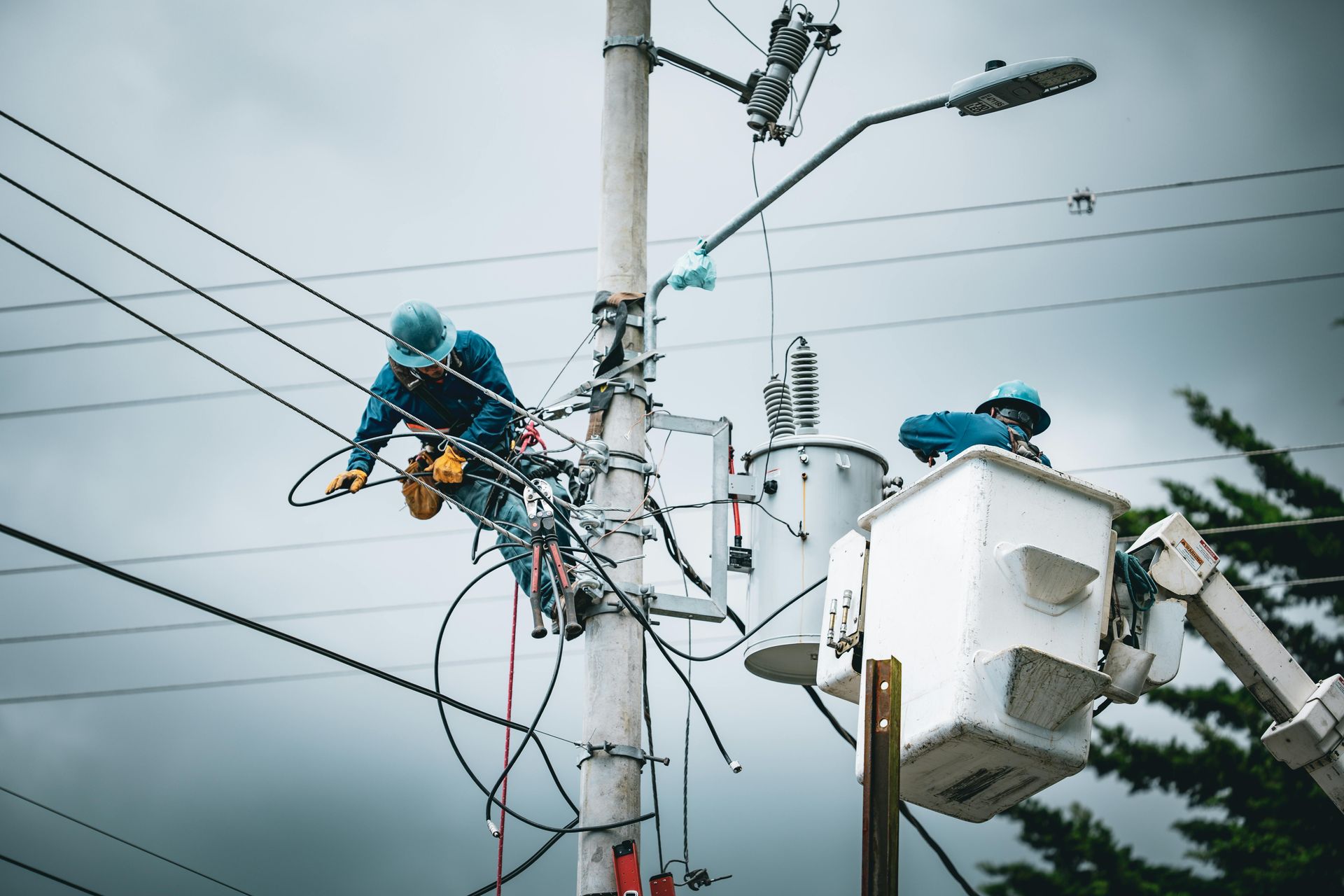Who Is Exempt from Workers’ Comp in Florida?
Who Is Exempt From Workers’ Compensation Insurance in Florida?
The state of Florida has specific laws regarding which employers must carry workers’ compensation insurance , as well as which workers are covered. Generally speaking, any business with fewer than four employees is exempt from workers’ compensation insurance.
Businesses with four or more employees, whether those employees work part-time or full-time, must carry workers’ compensation insurance that covers all employees. For the purposes of workers’ compensation, business owners who are also corporate officers (non-sole proprietors) and members of Limited Liability Companies (LLCs) are considered to be “employees,” but sole proprietors and partners of business partnerships are not.
So, if you are an employee of a business with at least three other employees, you are covered by workers’ comp. If, however, your employer has fewer than four employees, you may not be covered.
While this is the general rule for most businesses in Florida regarding workers’ compensation coverage, the state also has industry-specific rules regarding who must provide workers’ compensation and which employees are covered.
Continue reading to learn more, or call Van Dingenen Law at (407) 967-5377 for assistance with your workers’ compensation claim. We offer free initial consultations ; get in touch with us today!
What Are the Workers’ Comp Requirements in the Construction and Agricultural Industries?
Florida has specific rules for workers’ compensation coverage within the construction industry and the agricultural industry. If a construction company employs even one employee, it must carry workers’ compensation insurance.
This includes the business owner if the business owner is a corporate officer; it also includes members of an LLC. The state also clearly defines which jobs are classified as being in the construction industry.
These include (but are not limited to):
- Landscapers, gardeners, and associated drivers
- Contractors/drivers who operate farm machinery
- Specialist contractors who clean and/or swab oil and gas wells
- Workers who set up, install, or hook up manufactured, prefabricated, or modular homes at building sites
- “NOC” (not otherwise classified) workers who perform welding or cutting, as well as drivers
- Workers who erect or repair oil stills
- NOC workers who erect or repair machinery/equipment, as well as drivers
- Workers install or repair steam boilers
- NOC workers who perform masonry work
- Various iron and steelworkers
- Door and window installers (residential and commercial)
- Workers who erect or repair elevators
- Plumbers and drivers
- Workers who perform concrete work
- Carpenters
- Workers who install, repair, or construct swimming pools
- Workers who perform asbestos removal operations
- Painters and paint shop operators/drivers
- Street and/or road construction workers
This is not a complete list; you can view the full list of designated construction industry workers here.
What Are the Special Rules for Those in Construction?
Contractors across all industries in Florida must make sure that subcontractors have the appropriate and/or required workers’ compensation insurance coverage prior to beginning any work on a project. If the subcontractor does not have workers’ compensation insurance, the contractor will be responsible for paying benefits if an employee is injured.
What Are the Special Rules for the Agricultural Industry?
Florida also has specific workers’ compensation rules when it comes to the agricultural industry. Agricultural businesses must carry workers’ compensation insurance if they have 6 or more regular employees and/or 12 or more seasonal workers.
In order to qualify, seasonal workers must work for the employer for more than 30 days during a single season, but not more than 45 days in a single calendar year.
Are Independent Contractors Covered by Workers’ Comp in Florida?
The short answer: no. Independent contractors are not considered “employees” and, therefore, are not covered by an employer’s workers’ compensation insurance. In order to be considered an independent contractor according to Florida law, one must pass the “right to control” test.
What is the “Right to Control” Test?
This test includes things like how much control the employer has over the details of the work performed, including how it is performed.
It also looks at:
- Whether the worker is normally engaged in independent work that is the same as or similar to the work being performed
- How much supervision the employer exerts over the worker
- Whether the worker is responsible for supplying his or her own tools and/or equipment if the work performed is outside the normal scope of the business’s typical operations
- And more
In some cases, an employee may be misclassified as an independent contractor. This could be an honest mistake on the part of the employer but, in many cases, it is an intentional misclassification.
An employer may misclassify employees as independent contractors in order to avoid having to purchase workers’ compensation insurance and provide benefits to injured workers.
The Florida Division of Workers’ Compensation and Exemptions
The Florida Division of Workers’ Compensation allows employers to file an application to make certain types of workers exempt from workers’ comp coverage. One common example is when a construction company files to make exempt any independent contractors they hire for a project.
If that worker is injured on the job and the exemption application was approved by the Florida Division of Workers’ Compensation, then no workers’ comp coverage would be provided to that worker.
Why Would an Employer Want to Exempt a Worker?
An employer might give you many reasons as to why they filed to make your job position exempt from workers’ compensation coverage. But the underlying truth of whatever they tell you is probably simple: it saves them money.
The more employees a company has, the larger the insurance premium they will pay to the company providing their workers’ comp insurance. If your position can become exempt, then they stand to save money each month.
Are You Exempt from Workers’ Comp?
Your employer should make it clear to you if you have workers’ compensation coverage or not. Yet not all employers will be straightforward. You could get into a workplace accident and only then be told that you have been made exempt from coverage.
Have Questions About Workers’ Compensation Exemptions in Florida? Contact Van Dingenen Law Today.
At that point, it is highly advised that you speak with a local attorney who knows the law and businesses in your area. If you live in Orlando, then you should make Van Dingenen Law your first choice for legal guidance and representation.
We have more than 25 years of legal experience focused primarily on complex workers’ compensation cases for claimants. Our representation has recovered hundreds of millions of dollars in verdicts and settlements for injured workers and their families throughout the years. Let us see if we can apply the same caliber of legal service to your workers’ comp case as well.
If you believe you have been misclassified as an independent contractor, or if you need help with any aspect of your workers’ compensation claim or claim denial , contact Van Dingenen Law via online form or call (407) 967-5377 today.
The post Who Is Exempt from Workers’ Comp in Florida? appeared first on Van Dingenen Law.












